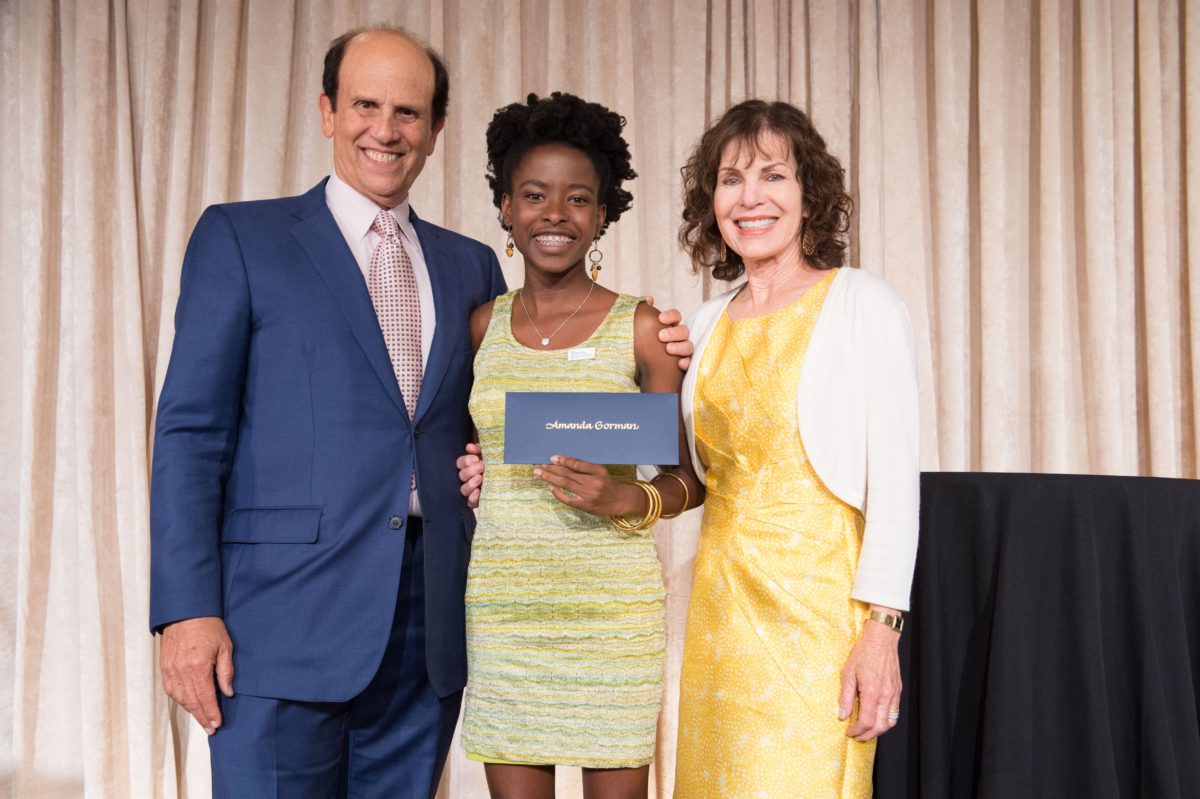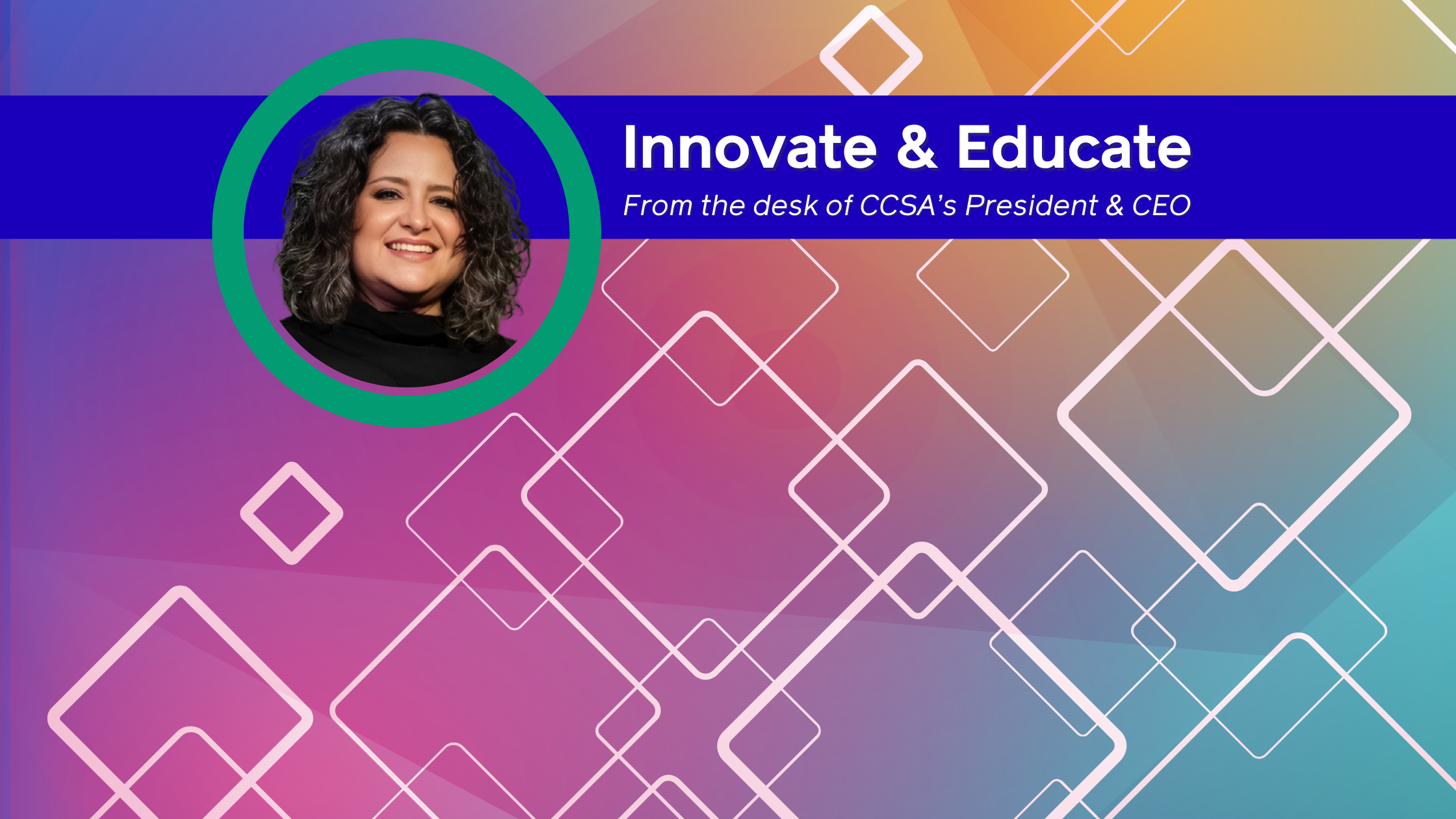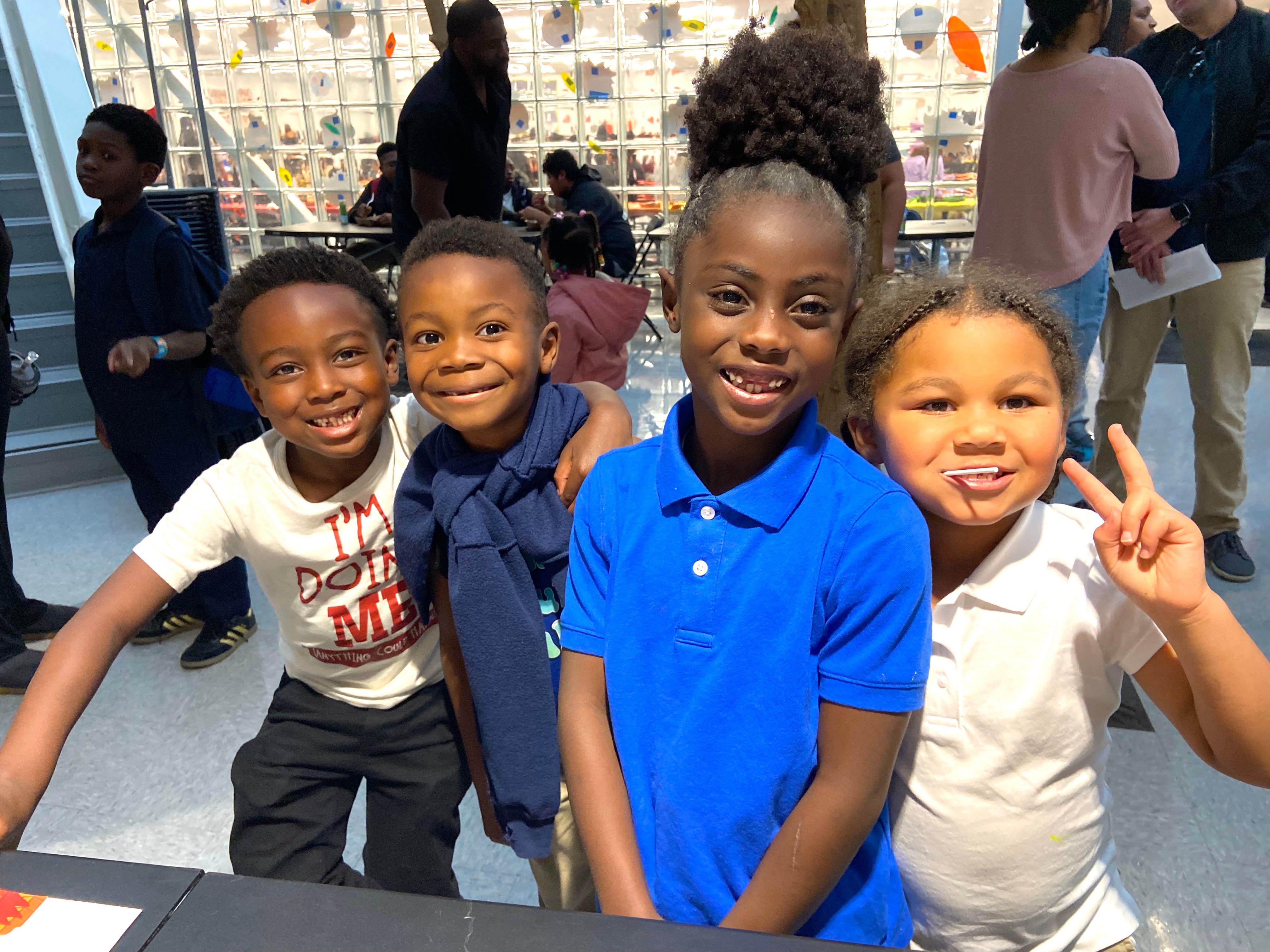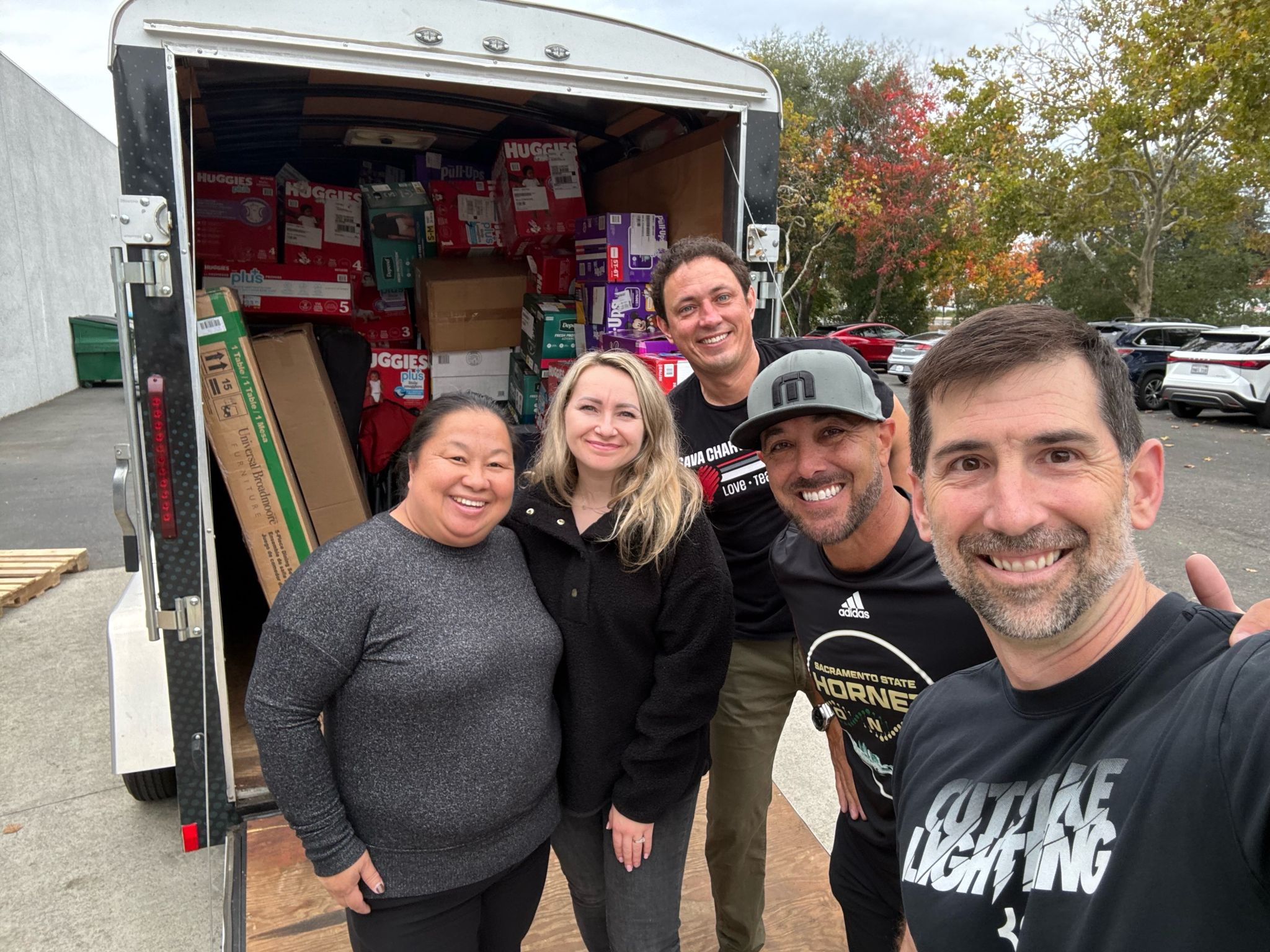Amada Gorman captivated the nation when she read her poem “The Hill We Climb” during the 2021 Presidential Inauguration. The 22-year-old Harvard graduate has since become a national sensation, appearing on other high-profile television programs like this year’s Super Bowl LV.
As CCSA continues to highlight Black academic success in honor of Black History Month, we’re taking this opportunity to shine a light on Amanda’s educational upbringing in California.
Here’s a look at five interesting facts that paved the way for Gorman’s success.
- A charter school inspired one of her award-winning poems
Amanda’s mother is an educator at Alliance Jack H. Skirball Middle School, a charter public school in Watts, California. Her mother’s class served as the inspiration for Amanda’s poem “Neighborhood Anthem” which she recited when she was selected as the Inaugural L.A. Youth Poet Laureate at the age of 16. Amanda competed against 150 young poets to clinch the title. The program was organized by UrbanWord in partnership with local organizations including the Los Angeles Public Library. Amanda went on to earn the title of National Youth Poet tree years later.
Watch Amanda’s 16-year-old Amanda Gorman Recite “Neighborhood Anthem.”
- Amanda Gorman was born and raised in L.A.
Amanda says being born and raised in Los Angeles – the second largest city in the U.S. -- had a tremendous influence on her educational development. “I think [growing up in L.A.] really influenced me in who I am as a poet, as writer, as an activist. I grew up with a lot of different perceptions around me, a lot of different cultures and languages and that really gave me an appreciation about what can be done with a plethora of stories.”
Read more about how “The City of Angels” influences Amanda’s work in this 2017 interview for Black Enterprise
- She attended a non-traditional K-12 school with a project-based learning approach
Amanda went to New Roads School in Santa Monica, a private school that challenges students to “build upon and satisfy their natural curiosity.” Amanda says that approach really influenced her because she was not graded on her capacity to memorize facts or formulas. Instead, the school nurtured her ability to create meaning of her lessons. “We were expected to take what we were learning and put that information it into action,” she said.
Watch Amanda talk about her k-12 experience.
- Amanda Gorman joined a local community of women writers.
At 14 years old, Amanda and her fraternal twin sister joined WriteGirl, a nonprofit organization Based in Los Angeles that offers workshops and one-on-one mentorship to young aspiring writers. "[Through WriteGirl] I got a lot of free creative writing resources when I was just a skinny girl with a speech impediment who needed a mentor," she told CNN host Anderson Cooper during an interview. WriteGirl introduced Amanda to award-winning poet Dinah Berland who mentored her during her early writing career.
To learn more about WriteGirl visit: writegirl.org
- Amanda Gorman was nominated for and earned the appraised Milken Institute Scholarship.
During her senior year in high school, Amanda was nominated and earned her spot as one of 15 L.A.-based 2016 Milken scholars. Educators nominate eligible students for this college scholarship, but students must go through a rigorous application and interview program which also commits them to participate in various program events and opportunities. With this scholarship, Amanda completed her bachelor's degree in Sociology at Hardvard University in 2020. "
To learn more about the Milken scholars program visit: http://www.milkenscholars.org

Amanda Gorman with Michael and Lori Milken. Source: Milken Family Foundation.
By highlighting the educational opportunities youth poet lauriette Amanda Gorman seized, we hope students and educators can be inspired to explore these opportunities to foster Black student excellence.
This story was written by Fabiola Prieto, CCSA's Associate Director of Community Engagement. You can contact her at fprieto@ccsa.org.
Featured image source: discovergates.org


